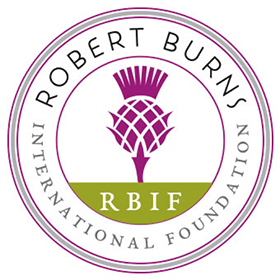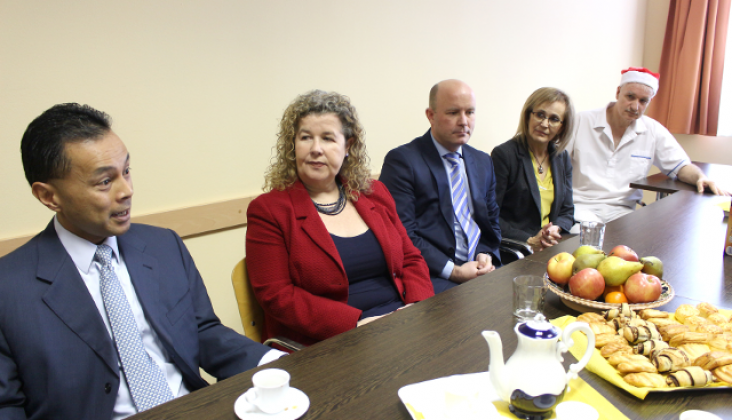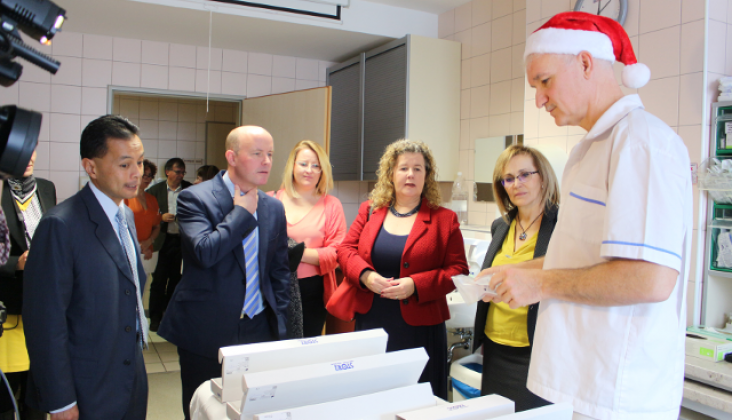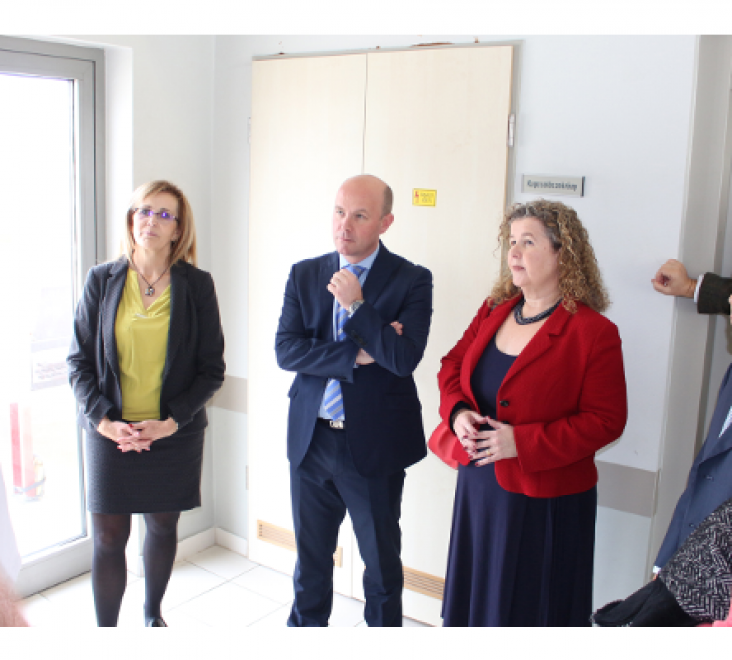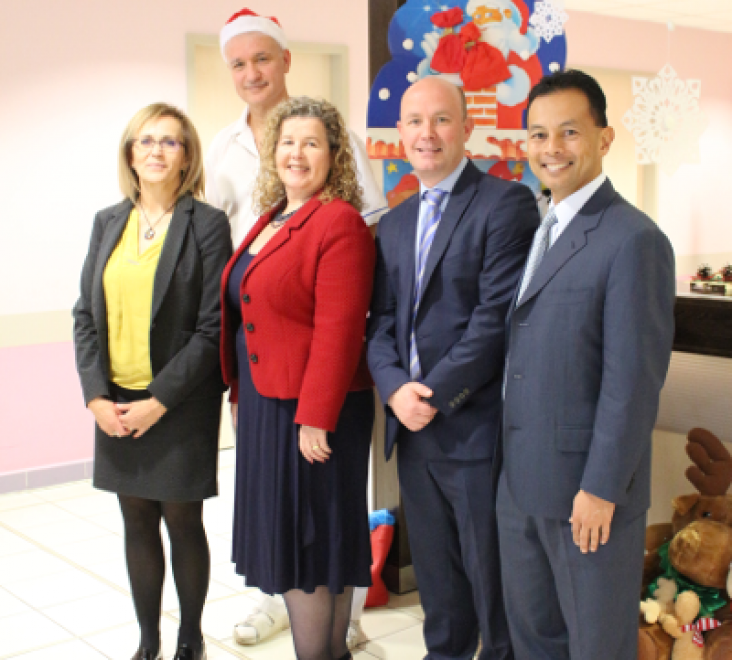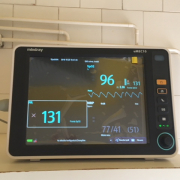In recent years the RBIF has been intensifying its activities beyond the boundaries of the capital Budapest, and 2018 was no exception.
As part of the SME Sponsorship Scheme, and as ever with the medical advice from Professor György Fekete, former director of the 2nd Department of Paediatrics at SOTE II in Budapest, we got in contact with Ferenc Papp, consultant physician and head of department at the paediatric unit in Hódmezővásárhely in southern Hungary.
Having teamed up with the RBIF in 2017, the staff at Inter Relocation Kft. again demonstrated their willingness to get involved with this ever-growing scheme organised by the RBIF. Such was the donation provided by Inter Relocation, and doubled by funds raised at the 2018 Burns Supper, that we were able to buy not just two but in fact three infusion pumps.
During our visit to the hospital in Makó in December 2018, where one of the pumps is already in use, Dr Papp explained that “the pump enables IV fluids and also medicines to be dosed very accurately compared to gravity-based drips”, which really enhances the standard of care. Until the RBIF donation was handed over, the hospital in Makó did not have any such infusion pump. The other two pumps are now also being used in Hódmezővásárhely.
In Makó, the RBIF represented by Chairman Douglas Arnott was accompanied by HM Ambassador Iain Lindsay, Honorary Patron of the RBIF, and Stuart McAlister, Managing Director at Inter Relocation Kft.
Stuart revealed he was delighted Inter Relocation were able to continue their involvement in the SME Scheme:
“Our sponsorship of individual projects, under the stewardship of the RBIF, plays a key role in Inter Relocation’s CSR program. It is incredible that we can make a clear and measurable difference to a hospital in need, by investing in key equipment. I was honoured to have the chance to meet with the staff of the hospital in Makó and to learn first-hand how our donation makes a difference to the staff of the paediatric department, and the children they treat there.”
